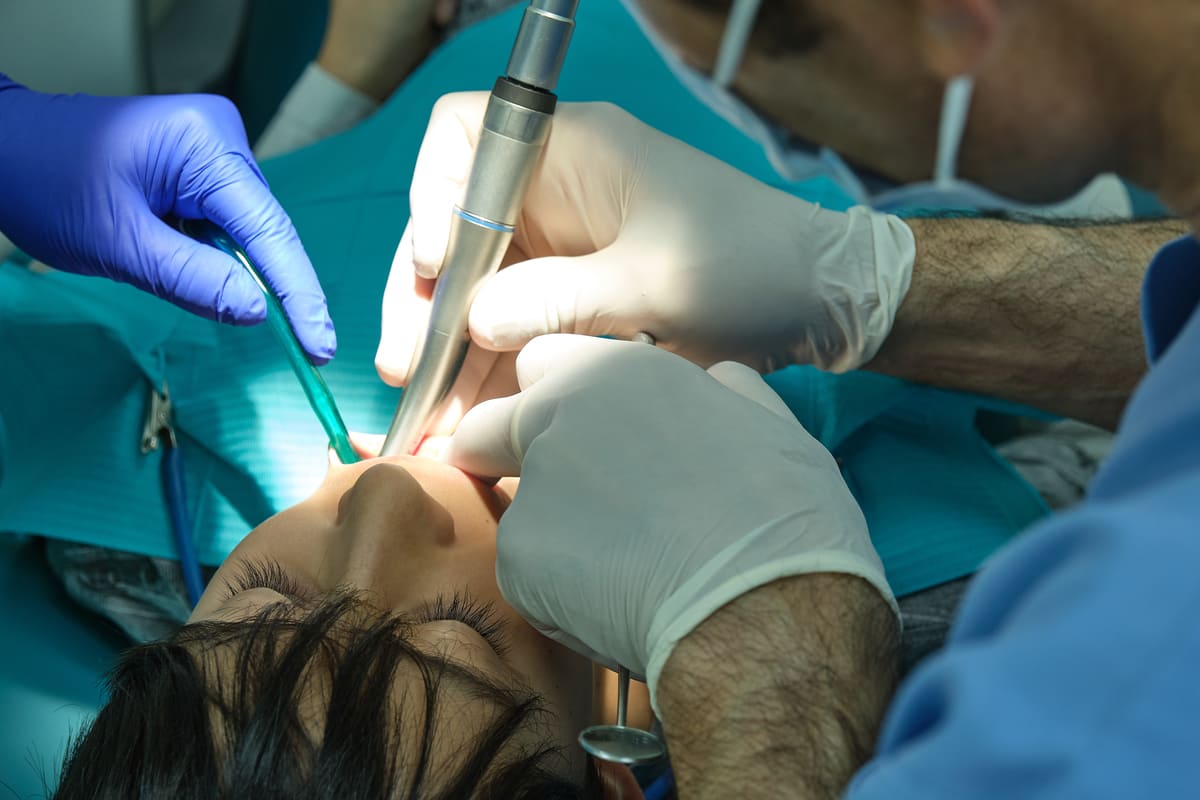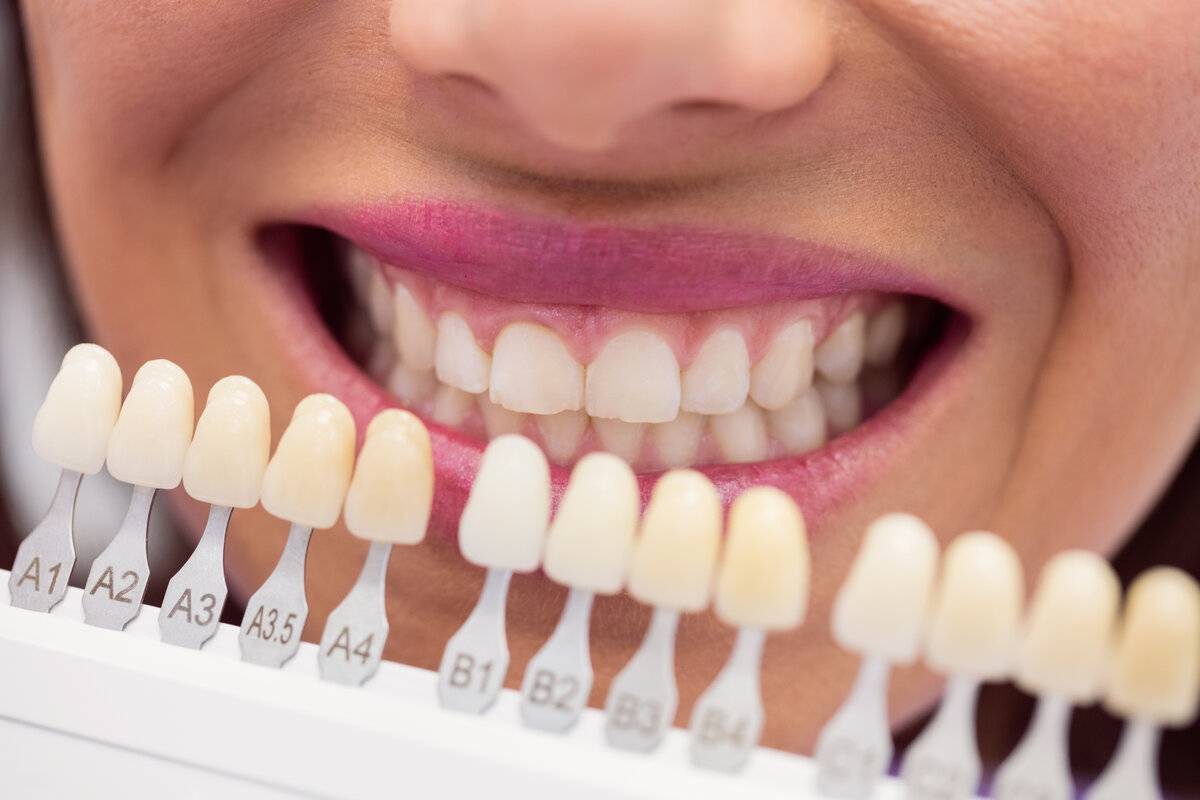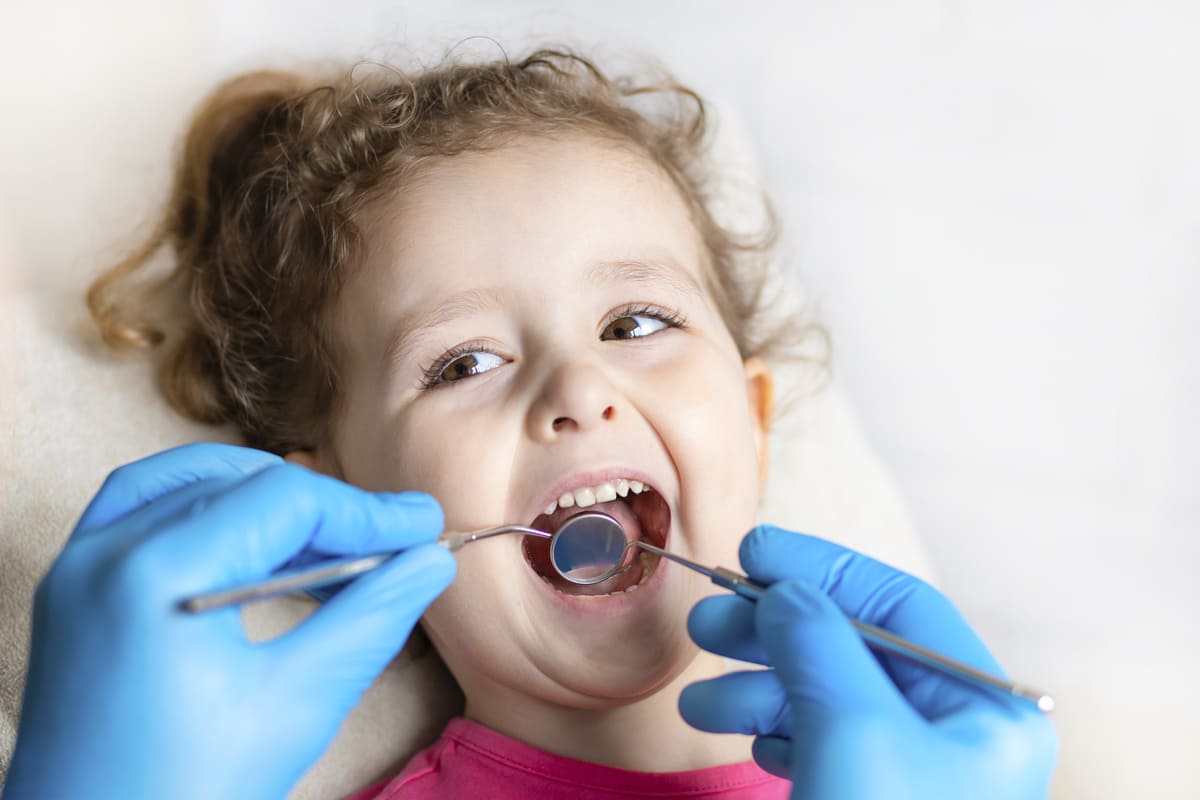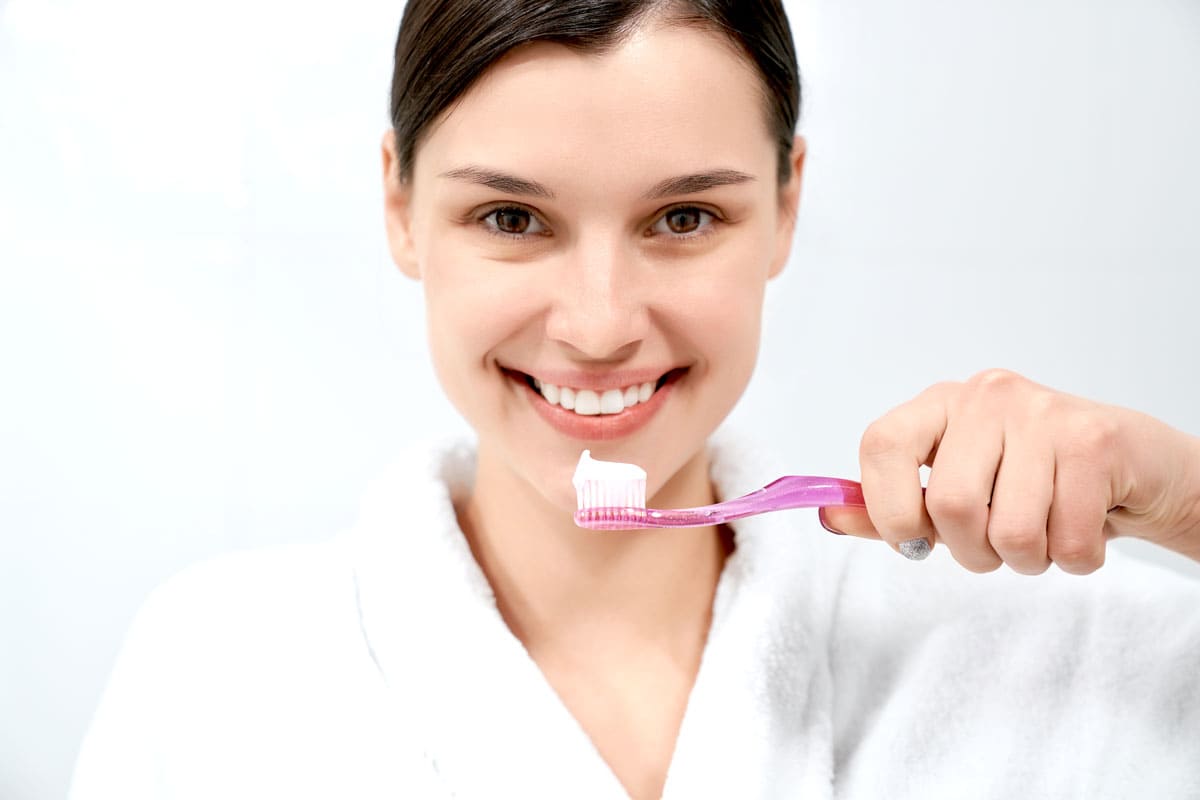The placement of dental implants is one of the most frequent surgeries in dental clinics and they do not present complications in most cases.
Taking care of the mouth and smile is a necessary health and esthetic factor and care must be kept up to date. Dental implants are the most frequent treatment if any dental piece is missing, allowing patients to achieve a better functional chewing, a more beautiful smile and to feel better about themselves. To maintain the implants properly after surgery it is necessary to take into account certain care and hygiene routines that we describe below with these recommendations and will ensure the survival of the implant in the long term.
Important care after implant surgery
The procedure requires local anesthesia in the patient’s mouth, so that after its effect, it is common to feel slight discomfort or feel localized swelling. Both symptoms subside within a few days. The professional who has performed the operation may prescribe specific medication for the patient, in order to mitigate the possible postoperative effects and remit unwanted discomfort. And it is always necessary to take into account the particular recommendations that the professional will specify for the care of the implant.
Soft diet after surgery
After surgery it is advisable to wait a minimum of two hours after surgery to drink or eat something.
After that time it is advisable to eat soft and cold food to reduce swelling. Above all, try not to chew in the area where the surgery was performed.
You should drink plenty of fluids and, if possible, cold drinks. Do not rinse your mouth with them, but swallow normally.
Don’t smoke
Avoid smoking, since tobacco is a factor that can cause complications after the implant, both in the short and long term.
It is advisable to eliminate or reduce as much as possible the consumption of tobacco during the week before and after the intervention. In this way, the patient will avoid problems of infection, scarring or tissue irritation.
Do not drink alcohol
Although it is advisable to drink cold beverages after dental implant surgery, alcohol should not be drunk.
Avoid mouthwashes
After the operation, even if you feel more salivation and a strange sensation in the area, try not to rinse your mouth or spit immediately after the operation. This may remove the clot necessary for healing or damage the stitches if there are any, and thus increase bleeding.
In any case, rinses must be done days after the implant placement, they must be soft rinses with a mouthwash prescribed by the professional who performed the intervention.
Main recommendations for the care of your dental implants
The duration of dental implants is very long, but it is necessary to follow a correct care with a good oral hygiene.
Try to follow the advice of the professional after the intervention to keep in good condition and extend the durability of the implants without problems in the long term.
Dental hygiene
The first thing to do is to brush your teeth after every meal. It is advisable to use medium-hard brushes, whether you use an electric toothbrush or a manual toothbrush.
It is also necessary to take care of the hygiene of the tongue by brushing or shaving the surface of the tongue, as it is a storehouse of bacteria.
We recommend you to complete your hygiene in the small interdental spaces, in the case of dental implants there are special brushes that allow you to reach all spaces.
Attending check-ups
It is very important to attend the check-ups established by the professional in order to monitor the state of the implants periodically.
In addition, it will be possible to detect and deal with any unforeseen complication that may arise with the implants in time.
Generally, with two visits a year, that is, one every six months, the patient can check with the specialist that the mouth is in good health and that the hygiene guidelines are being followed.
No smoking
There are habits that if you have oral problems we recommend you to eliminate, such as tobacco consumption. In addition to staining the teeth and implants, it can harm the process of integration of the implant in the bone and favor the appearance of bacteria in the gums.
Caution with some medications
After the intervention, your surgeon will explain the doctor’s instructions regarding medications such as anti-inflammatory and antibiotics, and do not interrupt the treatment prematurely.
If you take other medications, you should warn the professional to take them into account and only take them when it is essential, since the unregulated consumption of some of them can alter your implants.
How to properly clean fixed dental implants
Oral hygiene will be essential to take care of the implants and the complete health of your mouth, so we leave you these tips so that you do not neglect it.
Brushing 3 times a day
It is advisable to brush three times a day after each meal, make sure that the toothbrush is in good condition and do not neglect tongue hygiene.
Interdental cleaning
Use accessories to reach the interdental spaces such as dental floss to clean the most inaccessible areas.
Mouthwash
Use a good mouthwash, or the one recommended by the professional who assists you, to eliminate the bacteria that accumulate in the oral cavity on a daily basis.
Frequently Asked Questions
What can you eat after having an implant?
After a dental implant in the postoperative period, soft and cold food should always be eaten after two hours.
Is it possible to exercise after getting an implant?
It is not advisable to do sports the same day of the surgery in which the implant is placed, it is better not to make sudden movements and rest.
It is recommended to suspend sports activities for a few days during the first week after surgery.
After a dental implant you can work if the work is seated but not if it involves movements. This way, you will avoid problems related to bleeding, inflammation or pain.
Is there rejection in dental implants?
The truth is that there cannot be a “rejection” per se, but rather a poor healing of the gum and not an immune reaction against the titanium.
This can occur due to different factors: the appearance of peri-implantitis, complications during osseointegration, smoking or insufficient oral hygiene, among others.
Depending on the cause, the professional will have to assess which is the most appropriate solution for each patient, although the most common is to remove the implant and replace it.
What is the usual price of dental implants?
The budget for an implant operation must be personalized for each patient, since the price may vary depending on the patient’s oral health and the number of implants needed.
Currently, the cost of a complete single dental implant (including surgery, screw and crown) is around 1,200-1,500 euros.
At Medident Dental Clinic we have a great team of experienced professionals and we will advise you on what you need to know for your oral treatments. Contact us and book your first appointment with us, we want to help you.









